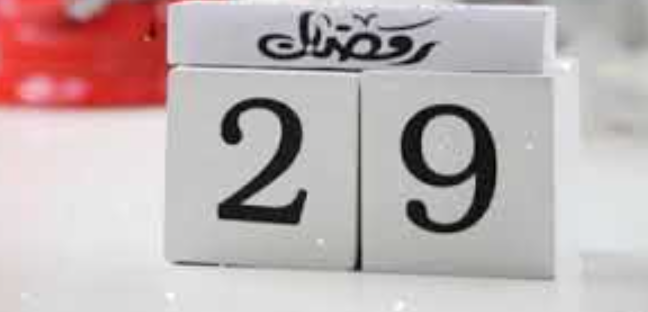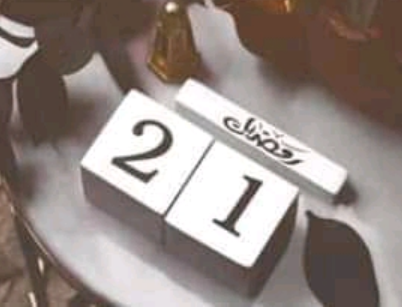The ruling on encouraging the Deceased to say the Testimony of Faith after burial and reciting Surat Ya-Sin when the Person is about to die
Question :
A man says: "What is the ruling on encouraging the deceased to say the Testimony of Faith after burial by someone saying: 'O servant of Allâh, son of His two servants, remember the covenant that you came out upon from this world to the world of the Hereafter. It is the testimony that none has the right to be worshipped but Allâh and Muhammad is the Messenger of Allâh.' Then they say: 'So, when the two angels that have been entrusted with you, come to you and ask you: Who is your Lord, what is your religion and who is your Prophet, tell them: My Lord is Allah, Islam is my religion and Muhammad is my Prophet. The Ka'bah is my Qiblah (direction of prayer) and the Muslims are my brothers.' Then they add a lot of other statements that are similar to this. All of this takes place after the burial of the deceased, except for the recitation of Surat Ya-Sin, which is done when he is in the throes of death. Has any authentic Hadith been reported concerning this, because those who say that it is permissible, argue based on Hadiths that have this meaning?"
Answer:
The guidance of the Messenger is that when he finished burying the deceased, he would stand over his grave with his Companions and ask (Allâh) for forgiveness and steadfast- ness for him. He also commanded his Companions to ask for this for the deceased. He would not sit and recite (the Qur'an) at the grave nor would he encourage the deceased to say the Testimony of Faith. Shaykhul-Islam Ibn Taimiyyah said: "Encouraging the deceased to say the Testimony of Faith is not obligatory according to the consensus of the scholars. It was also not from the well-known practices among the Muslims in the time of the Messenger of Allâh and his caliphs. Rather, that has been reported from a group of the Companions, like Abu Umamah and Wathilah bin Al-Asqa'. There are some among the Imams who accepted this, like Imam Ahmad. Indeed a group of his followers recommended this, as did the followers of Ash-Shafi'i. Also, among the scholars there are those who disliked it due to their belief that it was an innovation. Thus, the views concerning it are three: recommendation, dislike and allowance, and this (allowance) is the most balanced of the views. As for that which is recommended - that which the Prophet ordered and encouraged - it is supplication for the deceased."
May prayers of blessing and peace be upon our Prophet Muhammad, his family and his Companions.
Source:
The Permanent Committee
Fatawa Islamiyah, Vol. 3 Pages 114-115
 أرسلها على تطبيق الواتساب
أرسلها على تطبيق الواتساب 
